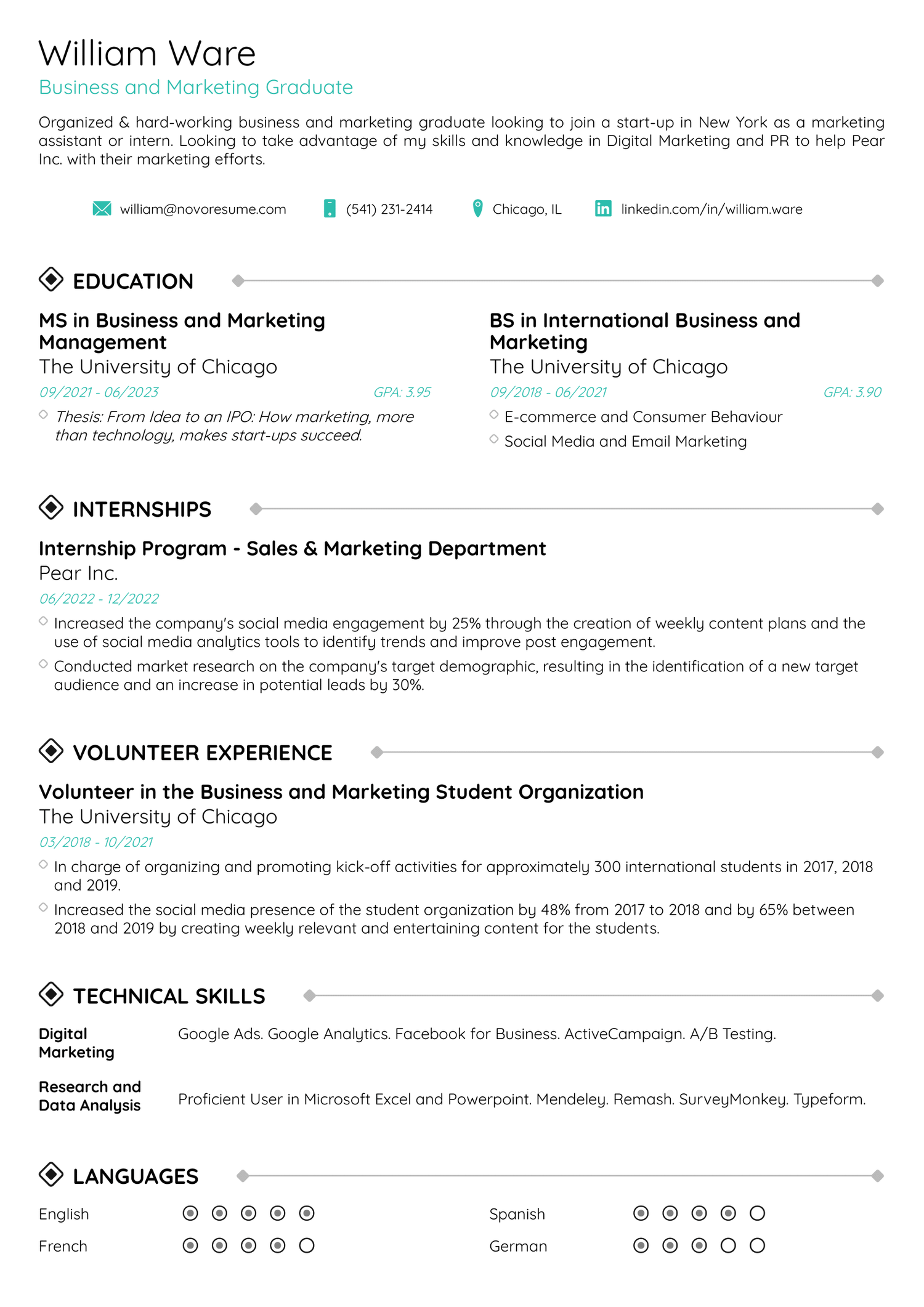Students often feel overwhelmed by job applications, especially creating a CV from scratch. It is like staring at a blank canvas with no idea where to start. You know you have skills and experiences, but how do you organize them effectively to impress potential employers or universities? This challenge is universal, whether you are applying for your first part-time job, an internship, or even a scholarship.
That is where a clear roadmap becomes invaluable. Instead of guessing, having a structured approach can simplify the entire process. A well-defined framework ensures you include all essential information while presenting it in a professional and easy-to-read format. This article aims to provide a comprehensive cv outline template for students, guiding you step by step through what to include and how to present your best self on paper.
Crafting Your Student CV: Essential Sections
Creating your first CV or updating an existing one can feel like a daunting task, but it does not have to be. Think of a CV outline as your architectural blueprint. Just as a builder would not start construction without a detailed plan, you should not begin writing your CV without a clear structure in mind. This outline provides a logical flow, ensuring that every piece of information serves a purpose and contributes to painting a full picture of your abilities and potential. It helps you avoid common pitfalls like forgetting crucial details or presenting information in a disorganized way.
For students, a CV needs to highlight academic achievements, any practical experience gained, and transferable skills that might not be immediately obvious. Recruiters spend only a few seconds scanning a CV, so clarity and conciseness are paramount. An effective outline ensures that the most important information jumps out immediately, capturing their attention and encouraging them to delve deeper into your application. It is about making it easy for them to see why you are a great fit.
So, what are the fundamental building blocks of a student CV? While every application might require slight adjustments, there are core sections that are almost universally expected. These sections provide a standard framework that helps both you in creating the document and the reader in navigating your qualifications. Having these clearly defined allows you to gather your information systematically before you even start writing full sentences.

Here is a breakdown of the key components you should consider for your student CV:
Beyond the Basics: Making Your Student CV Stand Out
Once you have the essential sections of your CV outlined, the next step is to refine the content to truly make it shine. It is not enough to simply list your experiences; you need to present them in a way that highlights your unique value. This involves strategic word choice, showcasing tangible results, and tailoring your CV to each specific opportunity. Remember, every application is a chance to tell your story, and you want that story to be compelling and relevant to the reader.
One of the most powerful ways to enhance your CV is by quantifying your achievements whenever possible. Instead of saying “Helped customers,” try “Assisted over 50 customers daily, resolving inquiries and improving satisfaction.” Numbers and metrics provide concrete evidence of your impact and demonstrate your capability more effectively than vague descriptions. Even for academic projects, think about the scope, the outcome, or any specific results achieved.
Customization is also key. While a general cv outline template for students provides a strong starting point, always adapt your CV for each application. Read the job description or program requirements carefully and identify keywords. Then, weave those keywords naturally into your CV, especially in your personal statement, experience descriptions, and skills sections. This shows the reader that you have taken the time to understand their needs and that your qualifications directly align with what they are looking for. It increases your chances of passing initial screening processes, whether automated or manual.
Finally, never underestimate the power of thorough proofreading and seeking feedback. A single typo or grammatical error can undermine your professionalism and attention to detail. After you have drafted your CV, put it aside for a few hours or even a day, then review it with fresh eyes. Better yet, ask a trusted friend, family member, career advisor, or mentor to review it for clarity, conciseness, and any errors. Their perspective can catch things you might have missed.
Developing a strong CV as a student does not have to be an intimidating ordeal. By starting with a robust outline, you lay a solid foundation that helps you organize your thoughts and present your qualifications in the most impactful way possible. This structured approach not only saves you time but also ensures that you create a professional document that truly reflects your potential and accomplishments.
Taking the time to craft a thoughtful and well-organized CV is an investment in your future. It is your first impression, a key tool in opening doors to internships, jobs, or further educational opportunities. Embrace the process, refine your content, and be confident that your carefully constructed CV will effectively communicate your readiness for the next exciting chapter in your academic or professional journey.
